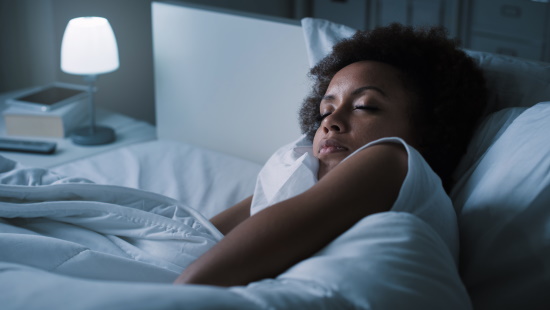Sleep Disorders

Our sleep medicine team at the Lung Center at UM BWMC is made up of a multi-disciplinary team of experts who evaluate and treat conditions including:
- Insomnia – Insomnia is one of the most common sleep disorders. People with insomnia have trouble falling asleep or staying asleep.
- Sleep apnea – A potentially serious disorder, sleep apnea occurs when your breathing starts and stops while you sleep. Signs and symptoms of sleep apnea include loud snoring, gasping for air during sleep, waking with dry mouth, insomnia and a morning headache.
- Narcolepsy – Narcolepsy is a neurological disorder that impacts your ability to wake and sleep. Symptoms of this disorder include excessive daytime sleepiness (EDS), a sudden loss of muscle tone or strength brought on by strong emotions (cataplexy) and disrupted nighttime sleep.
- Restless leg syndrome – restless leg syndrome causes an uncontrollable urge to move your legs. This usually occurs at night when you are sitting or lying down.
- Circadian rhythm disorders – This group of sleep disorders involves your circadian rhythm, also known as your internal body clock. People with circadian rhythm disorders may have difficulty falling asleep, waking during a sleep cycle or waking up too early and then being unable to fall back asleep. Some examples include:
- Jet lag
- Delayed sleep phase syndrome (DSPS)
- Advanced sleep phase syndrome (ASPS)
- Shift work sleep disorder
A referral is required from a referring physician for a sleep study, but patients should be seen in the sleep clinic before they schedule their sleep study, especially if there are other disorders that might affect sleep.
